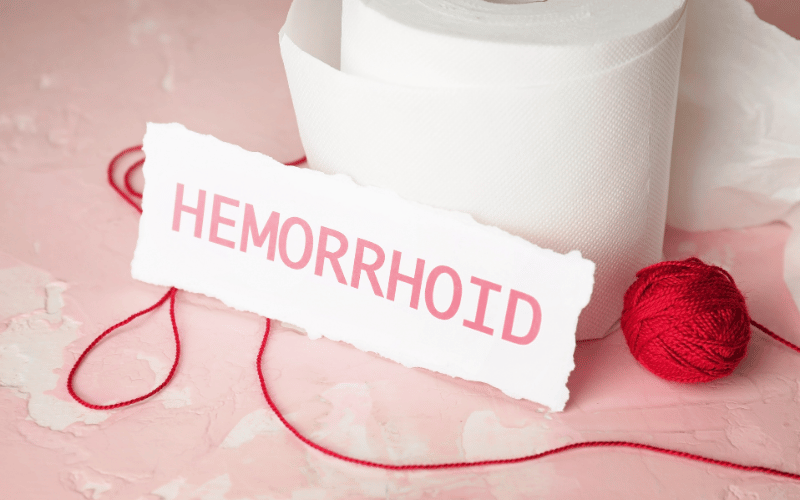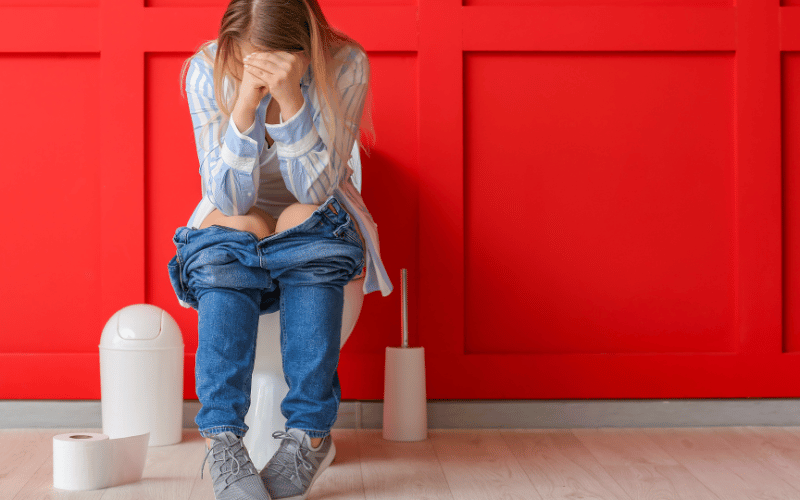Introduction
Hemorrhoids, often called piles, might seem like an issue reserved for the elderly or those chronically ill. But this assumption couldn’t be further from the truth. Almost every adult, at some point in their life, will have a brush with this condition or know someone who does. While the mere mention of the term might bring discomfort to many, it’s crucial to understand it. Not just because knowledge dispels myths, but also because understanding hemorrhoids’ causes can aid in prevention, early detection, and effective management.

At its core, hemorrhoids are swollen veins in the lower rectum and anus. This swelling, often uncomfortable and sometimes painful, can be attributed to various factors. You’d be surprised how everyday habits, genetic makeup, and even life-altering events like pregnancy can play a role in its onset. Recognizing these causative factors can, in many ways, be a preventive measure. When one knows what to avoid or what to adjust in their lifestyle, the risk of developing hemorrhoids reduces drastically.
Now, the big question is, why is there so much buzz around this topic? Why is it crucial for every adult to be informed? Simply because hemorrhoids, while common, are still misunderstood. Many, out of embarrassment or lack of information, might choose to suffer in silence or opt for self-medication, which can sometimes aggravate the situation. And though hemorrhoids, in most cases, aren’t life-threatening, they can significantly affect a person’s quality of life.
With this backdrop, let’s deep dive into the ten primary causes of hemorrhoids. This knowledge isn’t just for the ones who’ve experienced it or are experiencing it, but for every adult. Because when it comes to health issues, knowledge is always the first line of defense.
Cause 1: Straining during Bowel Movements

Straining during bowel movements is more than just an uncomfortable sensation. It’s a significant factor that can lead to hemorrhoids. The act of pushing hard to pass stools creates undue stress on the veins in the rectum. Over time, this constant pressure weakens them, causing them to swell and form hemorrhoids.
Now, you might wonder why someone would strain during bowel movements. Constipation is a leading culprit. When stools harden and become difficult to pass, one’s natural response is to push harder. While this might provide momentary relief, the damage it causes in the long run is substantial.
The solution lies in understanding one’s body and adopting healthier habits. Regular bowel movements are a sign of a healthy digestive system. Consuming a fiber-rich diet, drinking ample water, and engaging in daily physical activities can alleviate constipation, reducing the need to strain.
Interestingly, the toilet design plays a role too. Traditional sitting toilets can sometimes contribute to straining. Some experts believe that squatting is a more natural position for bowel movements. Therefore, adopting a squatting position or using aids like a stool can help. (1)